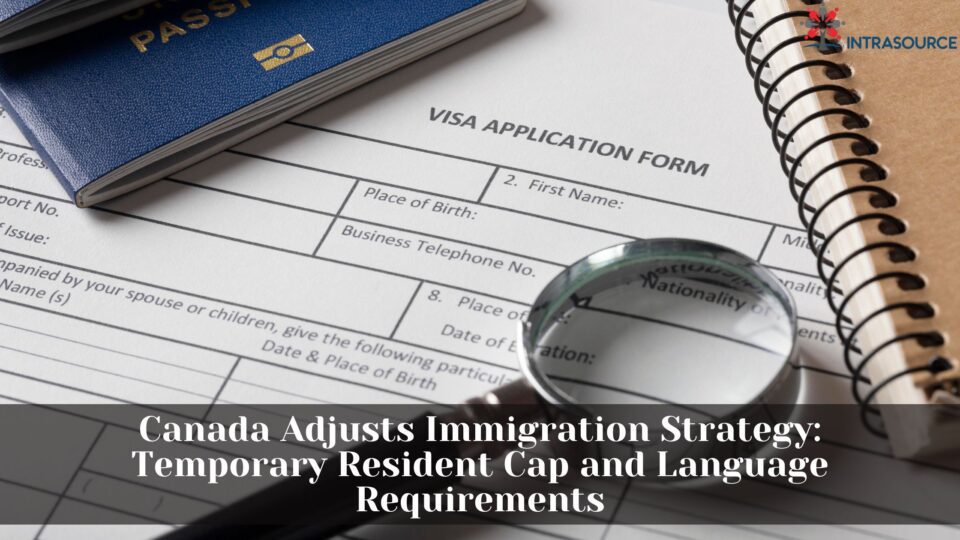Canada has instituted new measures in its immigration policies, particularly affecting the Post-Graduation Work Permit (PGWP) Program, to better align with evolving economic demands and immigration goals. The Canadian government aims to manage the influx of temporary residents by reducing their numbers from 6.5% of the total population to 5% by 2026.
Adapting to Economic Shifts
In response to recent labour shortages and the economic impacts of the pandemic, Canada initially expanded its immigration strategy to support urgent business needs. However, with changing economic conditions, it is recalibrating its approach. The federal government emphasizes that adapting to these shifts is crucial for maintaining a sustainable and effective immigration system.
Adjustments in the Post-Graduation Work Permit Program
From November 1, 2024, individuals applying for a PGWP will show proficiency in one of Canada’s official languages, English or French. This adjustment requires university graduates to achieve a Canadian Language Benchmark (CLB) level 7 and college graduates a CLB level 5. Graduates from public colleges who pursue programs linked to long-term occupational shortages will remain eligible for a PGWP lasting up to three years.
Furthermore, graduates from public college programs linked to occupations facing long-term shortages may qualify for a PGWP lasting up to three years.
Balancing Immigration and Economic Needs
In response to evolving economic conditions and the aftermath of the pandemic, Canada is aiming to decrease the number of temporary residents from 6.5% to 5% by 2026. This move is part of a broader strategy to ensure that the immigration system is not only sustainable and well-managed but also responsive to current labour market realities. Marc Miller, Minister of Immigration, Refugees and Citizenship, emphasized that while Canada remains open to immigrants, it must preserve the integrity and sustainability of its immigration system.
Recent Changes to Canadian Immigration Policies
The Canadian government has announced significant updates to its immigration policies, particularly affecting international students and work permit holders.
Starting in 2025, the intake cap for international student study permits will see a reduction based on a 10% decrease from the 2024 target of 485,000 new licenses. This adjustment will allow for the issuance of 437,000 study permits in 2025, with the number remaining stable in 2026.
Regarding work permit eligibility, there’s a new limitation for spouses of master’s degree students. Only those whose programs last at least 16 months will be eligible. Additionally, eligibility is restricted for spouses of foreign workers. Only those in management or professional roles or working in sectors experiencing labour shortages—under programs like TFWP and IMP—will qualify.
Changes have been introduced to the asylum claims process as well. These include implementing partial visa requirements for Mexican nationals, improving claims processing efficiency, and reviewing visa decision-making procedures for fairness and transparency.


